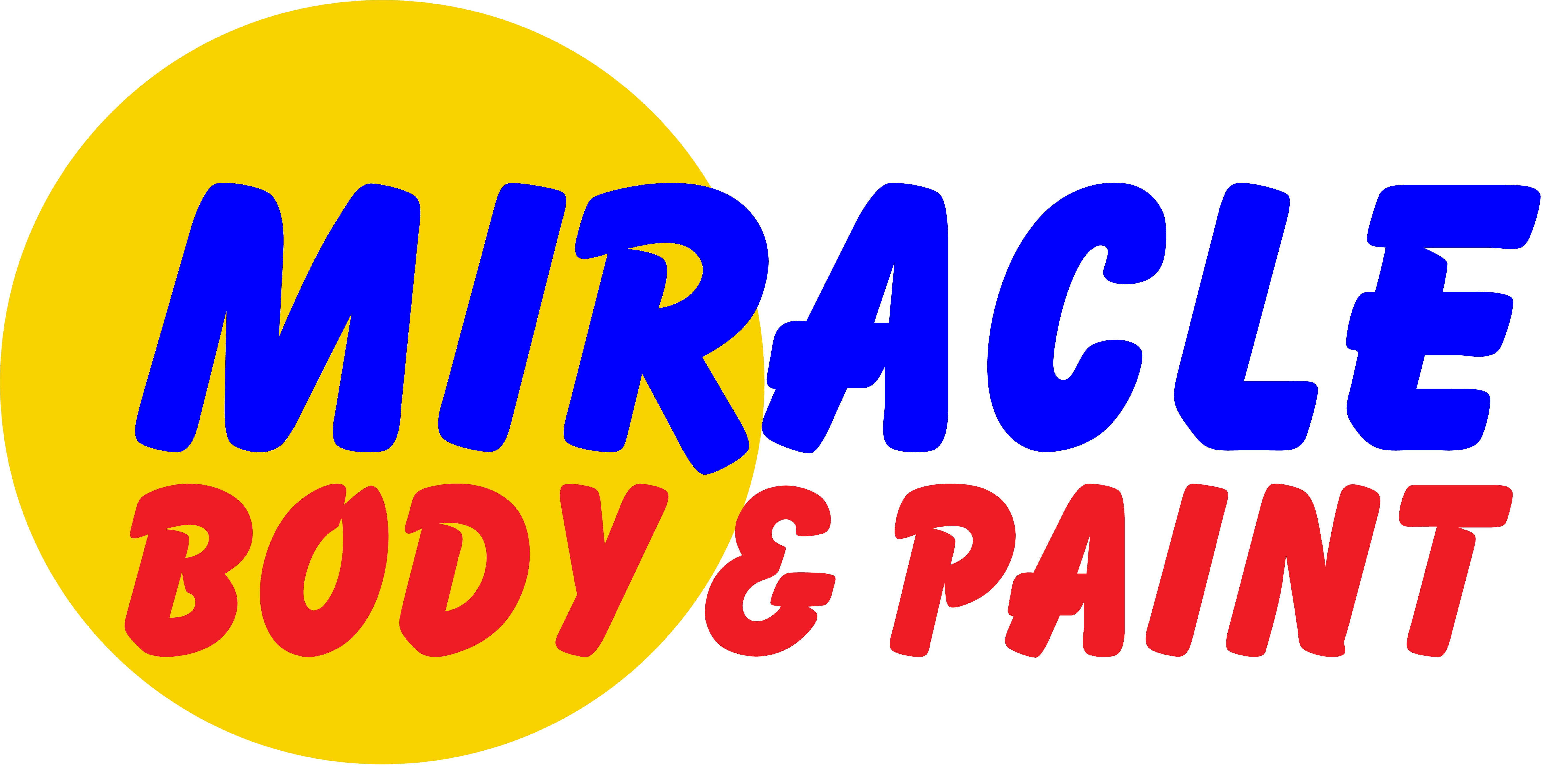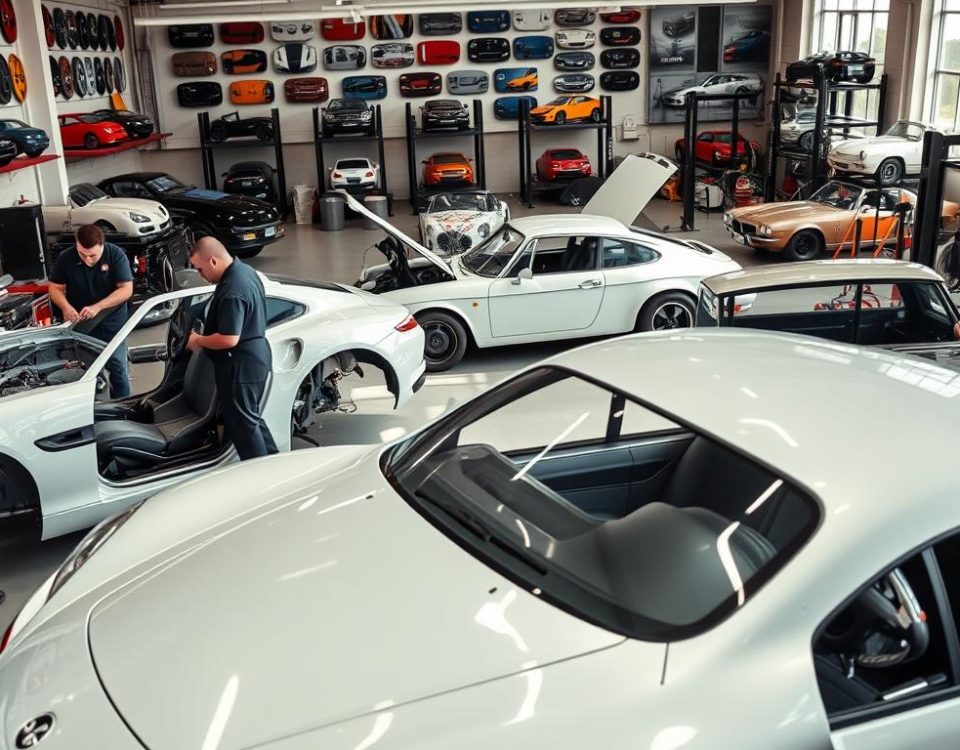- Auto Body Repair - Collision Center
- Leon Valley (210) 680-1987
- Walzem at IH 35 (210) 858-3630
- info@miraclebp.com

Common Brake Problems (PART 1)

Avoid Auto Breakdowns This Winter (PART 1)
 Miracle Body and Paint in San Antonio Texas brings you the second installment of our two-part blog post on the most common brake problems.
Miracle Body and Paint in San Antonio Texas brings you the second installment of our two-part blog post on the most common brake problems.
Run-out
A run-out happens when a disc is not fitted properly flat on the hub assembly. The disc edge moves in and out slightly as the wheels go round.
 Pad wear
Pad wear
Some brake pads wear after 70,000 miles, while some needs to be changed after only 25,000 miles. The variance in pad life depends on the type of vehicle you are driving, how you use your vehicle and what your driving style is. Braking on low speed doesn’t usually cause much wear as heavy breaking from high speed. The main culprit of heavy braking that leads to disc warping is motorway slip roads.
 Remember that brake discs need regular replacement. The friction between the brakes has changed since asbestos was banned from new and replacement brake linings. Non-asbestos pad materials are harder and more aggressive when it comes to disc wear. In essence, front discs and pads are replaced mainly due to the vehicle wearing down, while rear pads and discs are replaced due to rust and corrosion.
Remember that brake discs need regular replacement. The friction between the brakes has changed since asbestos was banned from new and replacement brake linings. Non-asbestos pad materials are harder and more aggressive when it comes to disc wear. In essence, front discs and pads are replaced mainly due to the vehicle wearing down, while rear pads and discs are replaced due to rust and corrosion.
New pads
Newly replaced pads needs time to bed in, therefore braking will be affected only for the first 50 miles or so. During this time, you will feel that the brakes are less precise.
Squeal
Brake squeal happens when there is a build-up of rust at the brakes. This happens not as common as before since manufacturers have greatly improved the design and fitted anti-squeal shims, though these can wear too over time. Special grease compatible with the caliper’s rubber dust seals can reduce the squeal.
Scoring
The wear on the break pad can cause the metal backing material of the pad to run on the disc. This will lead to scoring that will seriously compromise brake performance. A distressing metallic noise when brakes are applied could be used as clue to scoring. Neglecting this can cause irreplaceable damage on the discs. Make sure to have this area checked when you are in an auto repair shop.


